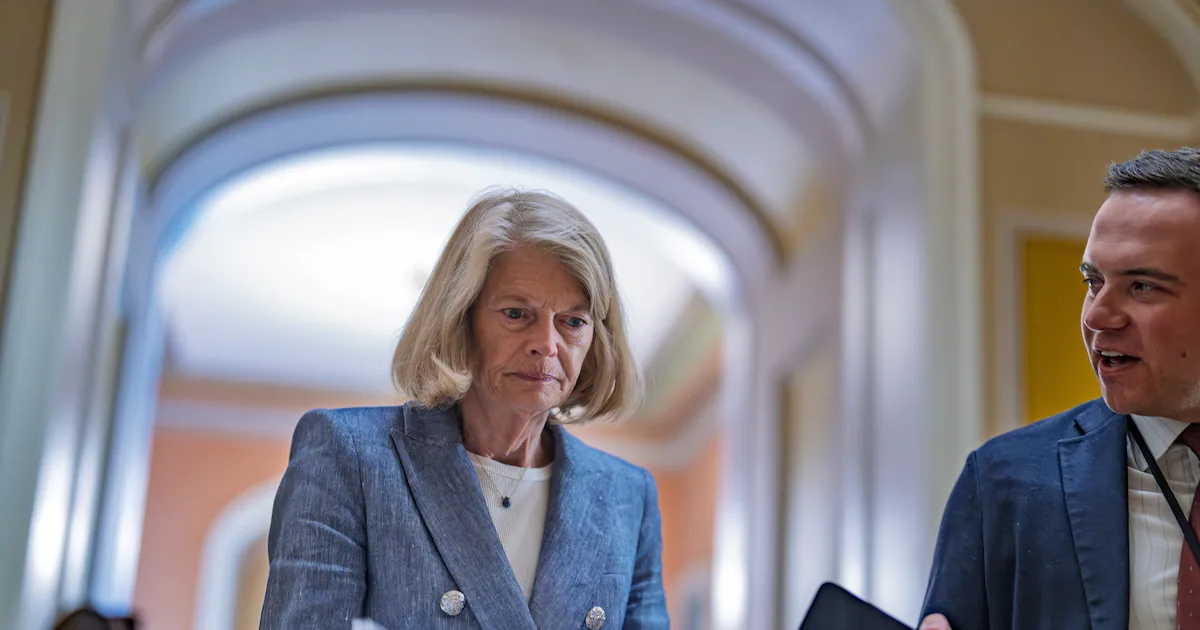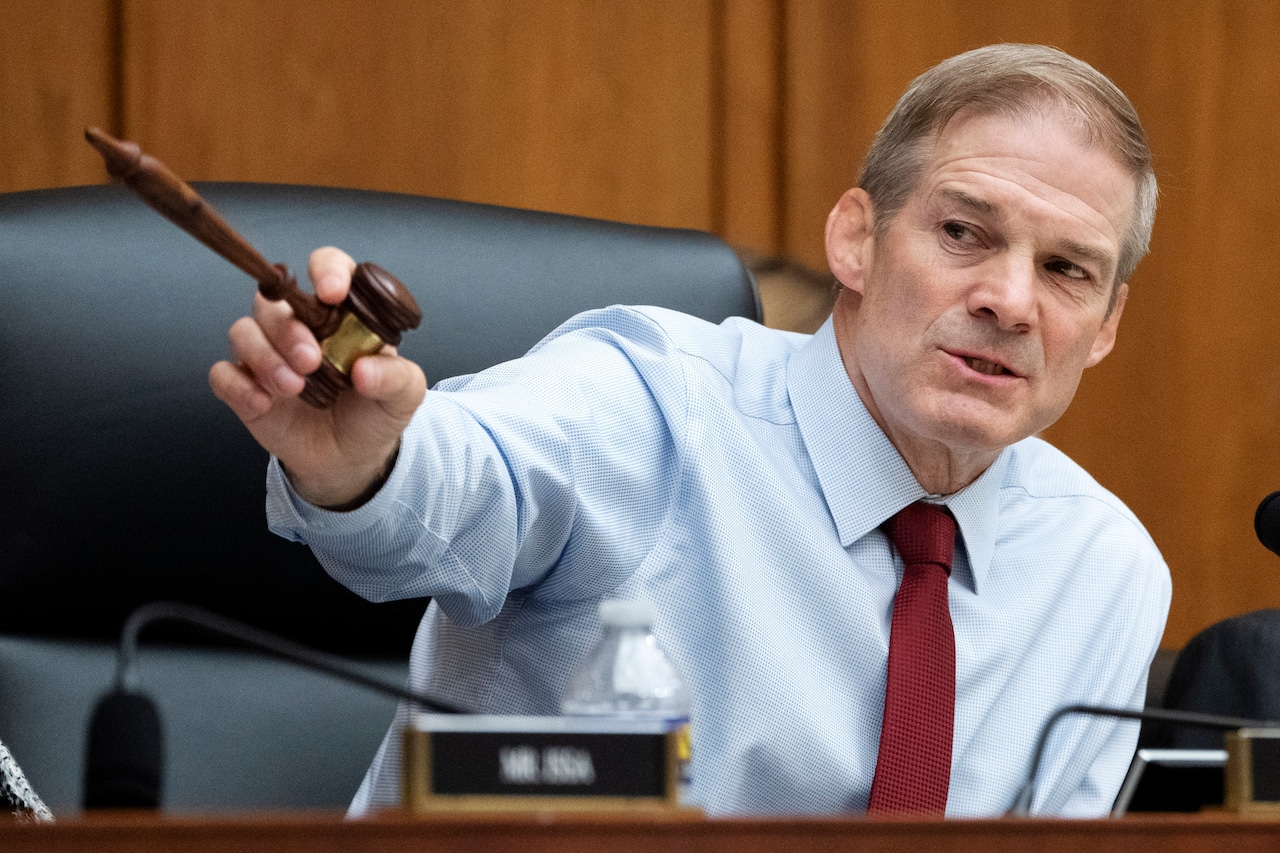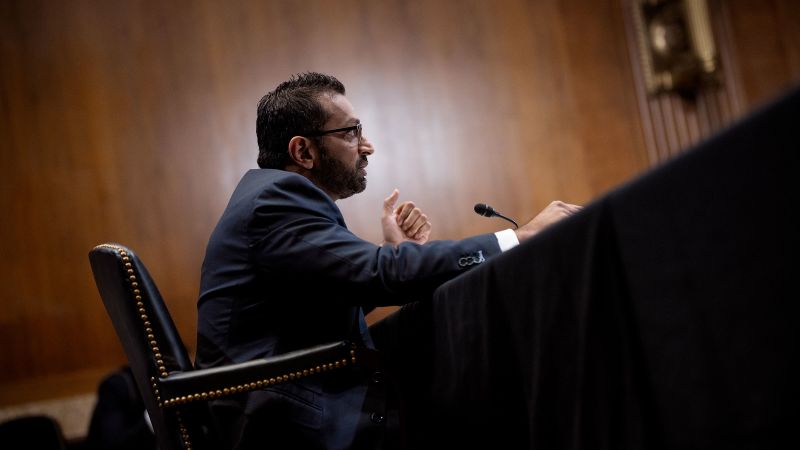Murkowski pushes to include funding for health care, public broadcasting in deal to avert government shutdown

Alaska’s U.S. Sen. Lisa Murkowski is looking to negotiate a deal to avert a government shutdown, while also extending tax credits that make health insurance affordable for thousands of Alaskans and reinstating some funding for public radio stations that her GOP colleagues voted to rescind in July.
Murkowski was one of two Senate Republicans who voted Friday against a short-term spending plan approved by the U.S. House. That plan had support from almost all House Republicans, including Alaska’s U.S. Rep. Nick Begich.
Unless lawmakers negotiate a deal by the end of the month, the federal government will shut down on Oct. 1. Members of Congress are on recess this week.
[A partial government shutdown would give Trump more power over federal spending]
But Murkowski said the GOP-backed measure — which would keep the federal government funded through the end of November — didn’t make use of an opportunity to incorporate funding provisions that she sought.
“Our reality is we still have about 10 days here in the Senate within which we could advance a measure to avoid a government shutdown but also address some of the other challenges that we are facing,” Murkowski said in a statement recorded Friday.
Murkowski said she sought several changes in a short-term funding resolution. First, she wants three appropriations bills that had already passed the Senate incorporated into the continuing resolution.
Next, Murkowski wants a short-term fix to what she called a “looming situation” created by the expiration of enhanced premium tax credits, which reduce the cost of health insurance purchased on the federal marketplace through the Affordable Care Act. Those tax credits are set to expire at the end of the year unless Congress acts to extend them, potentially increasing the cost of health insurance for thousands of Alaskans by thousands of dollars per year.
“I would like a year extension of those provisions so that we do not have a cliff for those who are on the exchange when the open enrollment period begins in November,” said Murkowski.
Lastly, Murkowski said she wants to restore some funding to the Corporation for Public Broadcasting. Congress voted in July to eliminate all funding for the corporation, at the request of President Donald Trump. In doing so, it cut roughly $15 million intended for Alaska’s public radio stations, putting some of them at risk of closure or severe cuts.
“I would like to see us have a better glide path for the Corporation for Public Broadcasting instead of the effort that effectively pulled the rug entirely out from underneath public broadcasting, including jeopardizing our public stations that provide for emergency warning notices to our communities,” Murkowski said.
Alaska’s U.S. Sen. Dan Sullivan, who in July voted in favor of rescinding funding for public broadcasting, was absent from Friday’s Senate votes because he was in Fairbanks “attending a long-planned meeting that he organized with the Secretary of Labor and labor leaders from across the state,” said Sullivan spokesperson Amanda Coyne.
Coyne Tuesday said Sullivan supports extending the premium tax credits before the end of the year, and is working with the White House and Senate colleagues to do so. But unlike Murkowski, Sullivan supports a “clean” short-term funding resolution, Coyne said.
Sullivan accused Democrats of “holding federal government funding hostage for a grab bag of provisions.” Democrats’ resolution would have backtracked much of the Medicaid funding cuts approved with support from most Congressional Republicans — including Alaska’s congressional delegation — in July.
Murkowski said that in part, she saw the funding resolution as an opportunity to send “a very strong” message to Trump that rescissions “are not something that the Congress is going to stand for, that we will do our business when it comes to the appropriations and that is respected by the administration.”
Murkowski, who in the past has been part of bipartisan negotiations in the Senate, said she would work through the end of the month “trying to build a level of consensus that keeps the government open.”
“Seeking to avoid that is going to be important, but it’s going to be important to have serious measures that are considered,” Murkowski said. “It’s possible that my proposal will equally annoy both sides, but maybe just maybe it will get the conversation going in a way that advances serious discussion and positive outcomes.”
While Murkowski said she opposed the GOP-backed funding resolution passed by the U.S. House, she also said she opposed a resolution proposed by Senate Democrats, which she said included “a Christmas list of asks” that Democrats favored, including a reversal of most of the cuts to health care funding approved by Republicans in the One Big Beautiful Bill Act in July.
The Democrats’ measure was “so overly expansive that it was not designed in my view to be a serious proposal for consideration,” Murkowski said.



